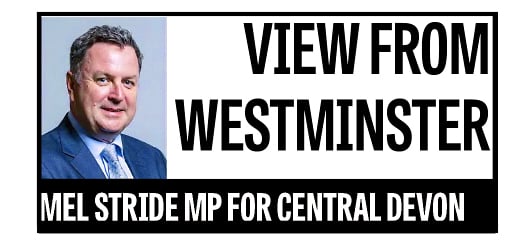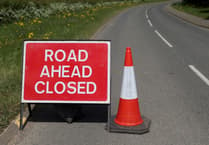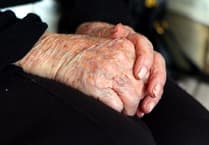Last week low-income families in our Central Devon constituency began receiving cost of living support payments from the Government worth £650.
This will top up benefit support they may already be receiving, such as Universal Credit, Job Seekers Allowance, Employment and Support Allowance, Income Support, Working Tax Credit, Child Tax Credit and Pension Credit. The £650 is tax-free and will not affect existing benefit arrangements.
8 million of the poorest households in the UK will benefit, including 8,500 here in Central Devon.
The first instalment (which many households will have received already) is £326 and the second (due in the autumn) is £324. They are slightly unequal to minimise fraud risks.
Other steps the Government is taking to help with the cost of living (on top of the £650 for eligible households) includes:
· £300 to every pensioner household in receipt of Winter Fuel Payments in November or December alongside the standard Winter Fuel Payment.
· £150 to people who receive disability benefits, including Personal Independence Payments, Disability Living Allowance, and Attendance Allowance, paid directly into bank accounts by DWP from September.
· £400 to all households to help with energy bills.
· A £150 Council Tax Rebate for the 80% of UK households that are in Council Tax bands A-D.
When added together, the least well off quarter of UK households should receive at least £1,200 in support this year, with 80% of households receiving at least £550.
This financial help is not cheap – it is costing the Government around £37 billion (just shy of the UK annual defence budget). But the Government had to act. Families are facing unprecedented pressures on their finances, largely driven by the Russian invasion of Ukraine which has pushed up the price of fuel, energy and food. Low income households have been hit the hardest and one of the most important responsibilities of any Government should be to support those who have the least. We also know that targeted support can be cost-effective. The substantial financial support the Government gave businesses, employees and the self-employed during the pandemic stopped thousands of businesses going bust and avoided mass unemployment (which would have been even more costly in the long run).
The Government is also providing £1.5 billion to local authorities through the Household Support Fund to provide discretionary payments of £200 to families in need. This could be to help with food costs or utility bills.
Despite the very challenging economic climate, there were some encouraging new figures last week which showed the UK economy grew by 0.5% in May, exceeding forecasts by economists, with both our construction and manufacturing sectors expanding. Employment data also continues to be strong, with the UK recently reaching its lowest unemployment rate since the 1970s. We are a long way from being out of the woods – inflation still continues to climb – but there are green shoots of optimism nonetheless.
More from Mel at www.melstridemp.com or follow him on twitter @MelJStride.




